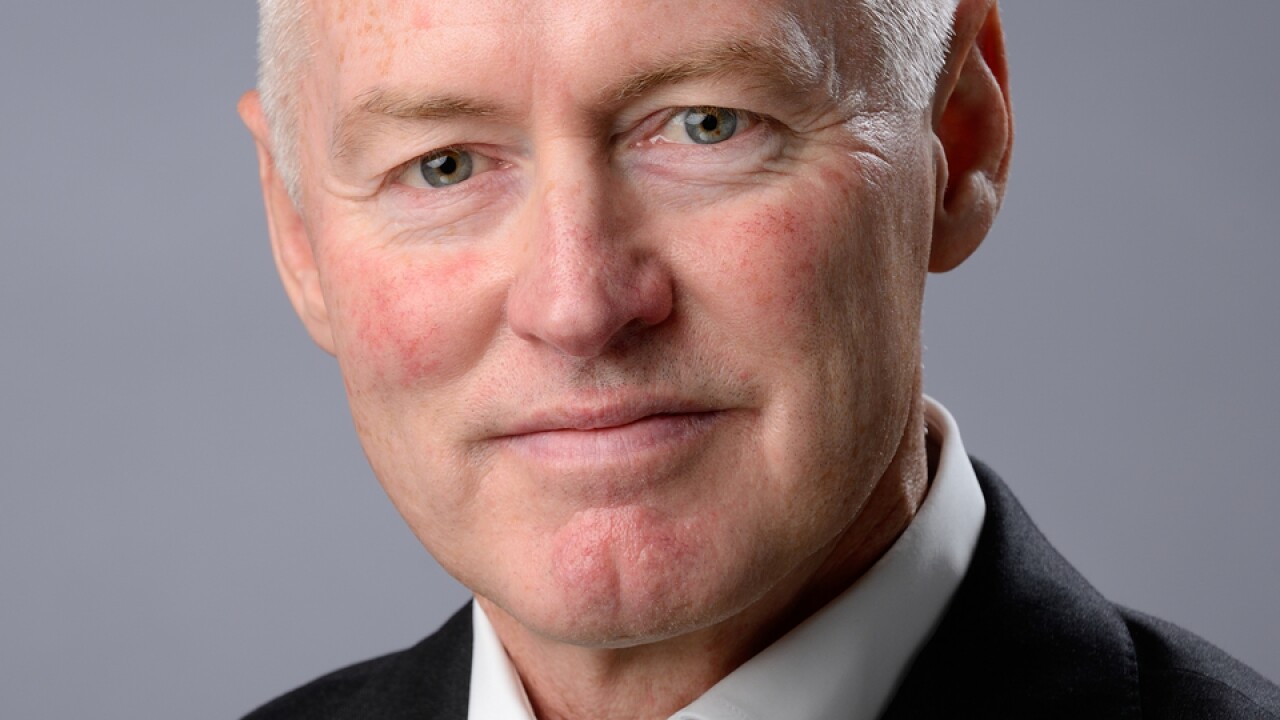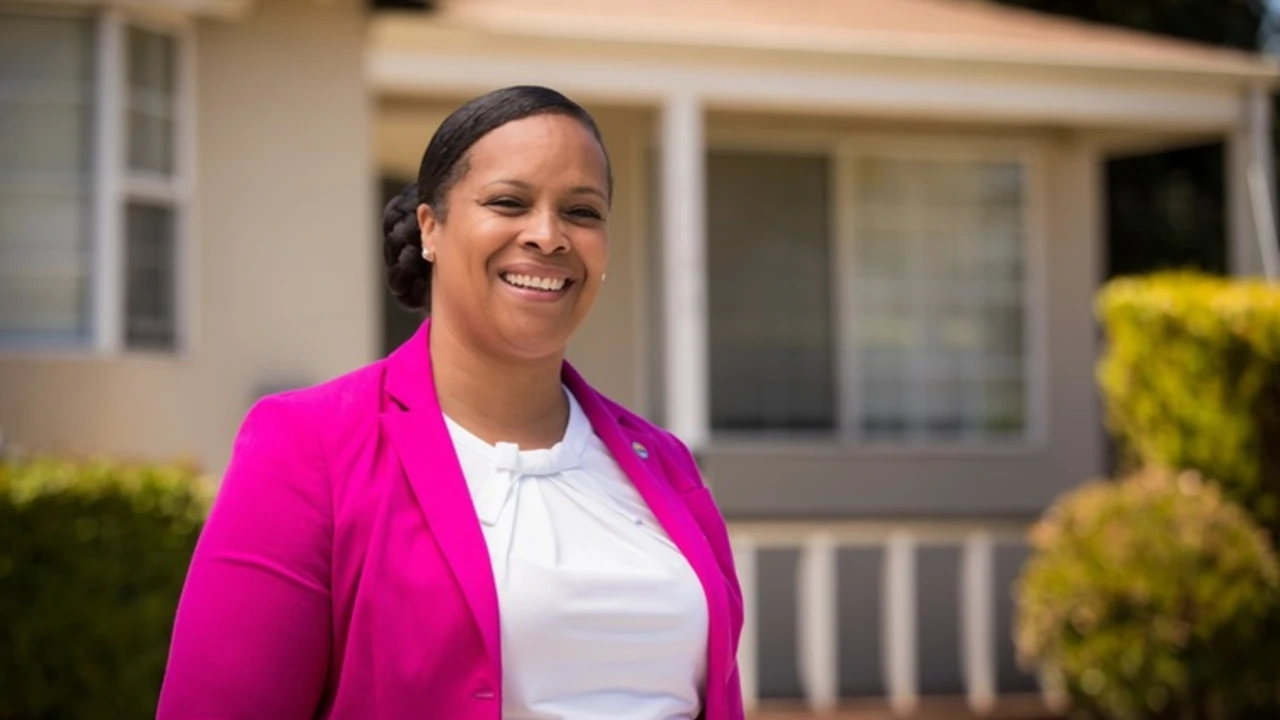WASHINGTON — Fraud charges levied against a former college official are consistent with the Securities and Exchange Commission’s focus on accounting fraud and enforcement action in conjunction with comments previously made by SEC Chairman Jay Clayton.
Keith Borge, former controller for the College of New Rochelle, a Catholic 115-year-old not-for-profit college, was charged Thursday with defrauding municipal securities investors and concealing the school’s crumbling finances.
“Those two things (the SEC’s focus and Clayton’s comments on the timeliness of issuer disclosure) should really be considered together particularly by issuers in the municipal market,” said Paul Maco, a partner at Bracewell in Washington, D.C.
He added that the SEC is looking carefully at financial reporting and Clayton’s desire that more issuer information is made publicly available more frequently. At a December 2018 municipal disclosure conference, Clayton called for more transparency and timeliness from issuers.

Maco also referenced
Gaunt said previously that her office expected to address disclosure fraud, likely to arise from false information in primary offering documents but that could also come from misleading public statements.
The SEC’s complaint was filed in federal district court in Manhattan and charged Borge with violating and aiding and abetting violations of the antifraud provisions of the federal securities laws. Borge agreed to a partial settlement, permanently enjoining him from future misconduct with potential monetary sanctions, which will be determined later. The partial settlement is subject to court approval.
The U.S. Attorney’s Office for the Southern District of New York also announced Thursday criminal charges against Borge, to which he has pleaded guilty. He is charged in the district with one count of failing to pay over payroll taxes — a maximum sentence of five years in prison, and one count of securities fraud, carrying a maximum sentence of 20 years.
The fraud charges stemmed from a 1999 City of New Rochelle Industrial Development Agency issuance of $24 million of revenue bonds, payable through fiscal 2028. As a conduit borrower, the college was obligated to support repayment of the debt.
“Like many small private colleges, prior to 2013 the college came under considerable financial stress as student enrollment declined and tuition revenues decreased, leading to chronic cash flow issues,” the SEC found. “Starting as early as 2013, Borge improperly withdrew funds designated for the college's endowment to fund various operational expenses at the college.”
In fiscal years 2015 and 2016, Borge intended to produce financial statements which hid the true financial condition of the college and hid the consumption of its assets," the SEC found. He then published the falsified financial figures and made them available to investors.
“As a result of Borge's misconduct, the secondary market purchases and sales of the bonds were made based on false and misleading financial information,” the SEC found.
In his financial statements, Borge falsely reported that CNR had about $25 million in net assets, when actual net assets were really about negative $8.8 million — an overstatement of $33.8 million, according to the SEC's findings.
The college is
Borge began working at CNR in 1979 and left in June 2016. From 1979 to 2010 he served as the assistant controller and then controller. In 2010, he was promoted to vice president for financial affairs and in 2014, was demoted back to controller.
In a management representation letter signed by Borge along with the college’s president and vice president of finance and administration, to outside auditors in connection with its 2015 fiscal year audit, Borge said he was “not aware of any uncorrected financial statement misstatements.”
“In that letter, Borge represented that he had ‘fulfilled [his] responsibilities ... for the preparation and fair presentation of the financial statements’ and confirmed that he was ‘responsible for the fair presentation in the financial statements of financial position, changes in net assets and cash flows, and the related notes in accordance with U.S. generally accepted accounting principles,’” the SEC found.
Borge also misrepresented the college’s assets starting as early as spring 2013 and withdrew funds from the endowment to pay for various operational expenses without approval from the Board.
“The consumption of these funds resulted in a rapid decrease in the College's actual net assets, from approximately $30.5 million at the conclusion of FY 2012 to negative $8.8 million at the conclusion of FY 2015,” the SEC found.
The SEC also found that Borge concealed from his superiors outstanding payroll tax liabilities on the general ledger and CNR’s financial statements. It resulted in an understatement of liabilities for the college and an overstatement of net assets by about $11.7 million.
Borge allegedly inaccurately recorded receivables, which were increasingly unlikely to be received because the donors were becoming more frustrated with the college’s operations.
“By covering up CNR’s true financial condition, Keith Borge deprived CNR’s leaders of the opportunity to address the college’s financial problems for two years,” said Manhattan U.S. Attorney Geoffrey S. Berman. “Borge defrauded CNR’s bondholders and left CNR with a $20 million tax liability. He committed federal crimes for which he will now pay the price.”
The SEC explicitly said it would not charge CNR in this case because of its cooperation with the investigation and the remediation steps the college took. After discovering Borge’s actions and conducting a preliminary review, the college publicly reported the financial issues and engaged outside expertise to conduct a full internal investigation. It also issued restated financial results.
“The college also promptly and extensively cooperated with the SEC in its investigation and proactively undertook wide-reaching remedial measures to enhance its internal controls and governance,” the SEC found.
Maco said it’s in their best interest to cooperate. The SEC uses four factors to evaluate a company or college’s cooperation — self-policing, self-reporting, remediation and cooperation.
Borge’s lawyer, Lee David Auerbach, did not immediately respond to a request for comment.





